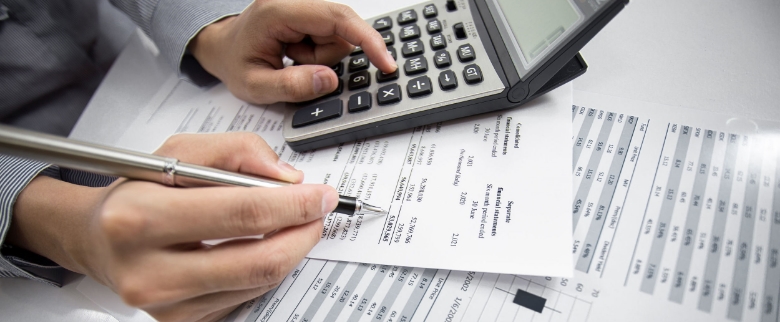But many people incorrectly believe that a 1031 exchange completely eliminates capital gains taxes on the sale of property. In this article, we are going to explain why that’s not the case, and what benefits a 1031 exchange can actually bring to a real estate transaction.
Tax Elimination vs. Tax Deferral
So do 1031 exchanges completely eliminate capital gains taxes when you sell a piece of property? The short answer is no – a 1031 exchange does not completely eliminate capital gains taxes from the sale of real or personal property. What a 1031 exchange does is defer those capital gains taxes.
When you sell a piece of real estate, typically you are responsible for paying capital gains taxes on the sales proceeds. A 1031 exchange allows you to avoid that potentially large capital gains tax bill by moving your net proceeds into a like-kind investment property.
While a 1031 exchange does not completely eliminate your capital gains taxes, you can effectively keep them at bay by continuing to exchange out of and into like-kind property. Ideally, you can continue deferring your taxes (and allowing your money to compound and build wealth over time) until you die.
Start Your 1031 Exchange
A like-kind exchange can present a lot of challenges and complications if you don’t know what you’re doing. Having a qualified intermediary on your team can be the difference between a successful and a failed exchange. At CPEC1031, our team of qualified intermediaries has been helping taxpayers with their like-kind exchanges for decades. We have the experience and the knowledge to help you through your exchange. Start your 1031 exchange today by reaching out to one of our qualified intermediaries.
Start Your 1031 Exchange: If you have questions about tax deferral through section 1031, feel free to call me at 612-643-1031.
Defer the tax. Maximize your gain.
© 2017 Copyright Jeffrey R. Peterson All Rights Reserved




